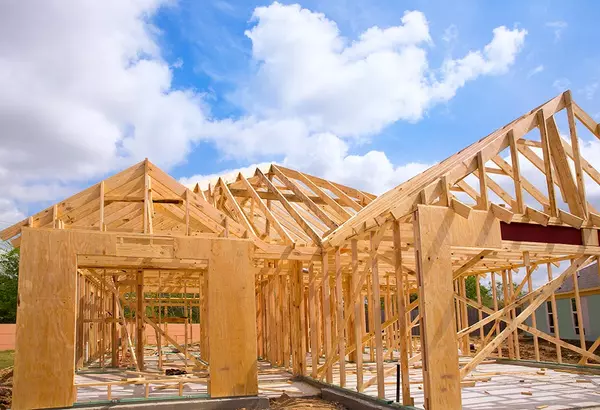
Let The Bidding Games Begin
It was love at first sight! You’ve just spotted the one and you know it—that perfect home you’ve been dreaming about. The catch? You’re not the only one swooning over it. Multiple buyers are ready to throw their hats in the ring. So what now? At Your Home Sold Guaranteed Realty – Premier Properties,

Earnest Money Matters
Slow down! We get it— you’ve finally found the home that checks every box on your wish list. You can already picture yourself sipping coffee on that sun-drenched porch and arguing lovingly over which wall gets the big TV. But before you pop the confetti and make your offer official, there’s one impo

The Role of a Buyer’s Agent, Your Secret Weapon in Real Estate
Everyone needs that go-to person—the one who always comes through. In real estate, that hero is your buyer’s agent. Think of them as your built-in secret weapon, saving you from late-night listing binges, arguments over whether “fixer-upper” really means “money pit,” and the looming fear of, “Where
- 1
- 2
- 3
- 4
- 5
- ...
- 14
Categories
Recent Posts










